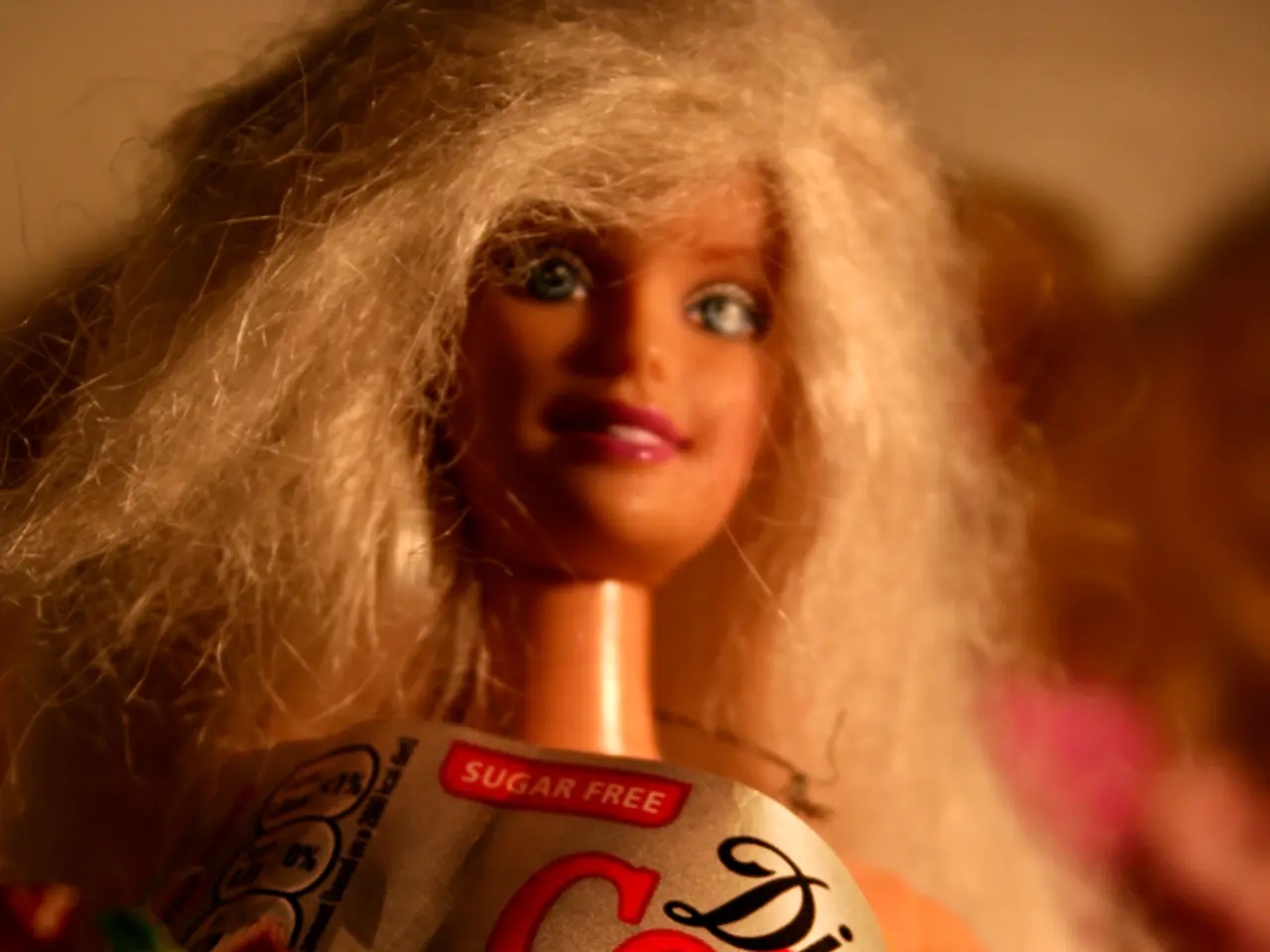Changing Diet Soda for Water May Enhance Probability of Diabetes Remission
A recent study has shed light on the potential benefits of swapping diet soda for water in the diets of women with type 2 diabetes. The study, which has yet to be published in a peer-reviewed journal, recruited 81 women with type 2 diabetes who were overweight or had obesity and were regular consumers of diet soda.
Over the course of 18 months, participants underwent a weight loss intervention followed by a maintenance program. Half of the women switched to drinking water, while the other half continued to drink diet soda five times a week after lunch.
The results were striking. Women who switched to water experienced a much larger average weight loss of approximately 6.82 kilograms (15 pounds) compared to 4.85 kilograms (10.6 pounds) in the diet soda group. More significantly, **90% of the women in the water group achieved diabetes remission**, compared to only 45% in the diet soda group. Diabetes remission is defined as maintaining an HbA1c level below 6.5% for at least three months without glucose-lowering medications.
In addition to weight loss and remission rates, the water drinkers showed significant improvements in body mass index (BMI), fasting glucose, insulin levels, insulin resistance, postprandial glucose levels, and cholesterol. These findings emphasise the importance of promoting water, not just low-calorie alternatives, as a part of effective diabetes and weight management for women with type 2 diabetes.
Diet sodas, despite having zero calories, are linked to increased food cravings and appetite, particularly in women and individuals with obesity. Artificial sweeteners in diet sodas may trigger brain responses that increase hunger and reduce satiety signals.
While the main study awaits independent expert review, the current evidence strongly supports that switching from diet soda to water can be beneficial for weight loss and diabetes remission in women living with type 2 diabetes.
Registered dietitian nutritionist Monique Richard offers tips for those looking to reduce their diet soda intake and increase their water consumption. She suggests starting slowly, making water containers visible and appealing, flavouring water with natural ingredients, setting regular reminders to drink water, keeping track of daily water intake, and hydrating with watery foods.
The study also highlights the potential risks associated with ultra-processed foods like diet soda, which contain additives and artificial sweeteners. Past research has linked ultra-processed foods to an acceleration in biological aging and a 10% increase in mortality risk.
In conclusion, the study provides validation to other studies that have shown sugar substitutes to have a similar effect on the body as actual sugar. It is clear that for women with type 2 diabetes, making the switch from diet soda to water could significantly improve their health outcomes.
- The study indicates that switching from diet soda to water could lead to diabetes remission in 90% of women with type 2 diabetes, compared to 45% in the diet soda group.
- The results demonstrate that women who switched to water experienced a larger average weight loss, as well as improvements in body mass index, fasting glucose, insulin levels, insulin resistance, postprandial glucose levels, and cholesterol.
- Diet sodas, despite being zero-calorie, are linked to increased food cravings and appetite, particularly in women and individuals with obesity, due to the artificial sweeteners triggering brain responses.
- The study serves to emphasize the importance of promoting water as a part of effective diabetes and weight management strategies for women with type 2 diabetes, rather than relying on low-calorie alternatives.
- Other research has linked ultra-processed foods like diet soda to an acceleration in biological aging and a higher mortality risk.
- Registered dietitian nutritionist Monique Richard offers tips for reducing diet soda intake and increasing water consumption, including starting slowly, making water containers visible, flavoring water with natural ingredients, setting regular reminders, keeping track of daily intake, and hydrating with watery foods.






